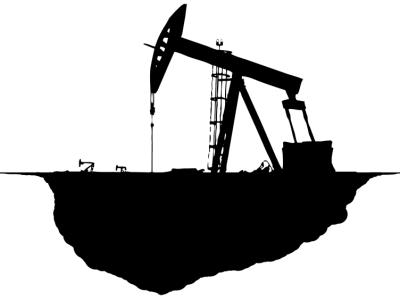The oil industry relies on a wide range of specialized machinery and equipment to explore, extract, process, and transport oil. Here’s an overview of the main types of machinery used in the oil industry and some additional information:

Types of Machinery in the Oil Industry
Drilling Equipment:
Drilling Rigs: These are complex structures housing equipment to drill oil wells. They can be onshore (land-based) or offshore (sea-based).
Drill Bits: Tools used to cut through rock to reach oil reserves. Types include roller-cone bits and fixed-cutter bits.
Mud Pumps: Used to circulate drilling fluid (mud) through the wellbore to lubricate the drill bit, remove cuttings, and maintain well pressure.
Extraction and Production Equipment:
Pumpjacks: Also known as nodding donkeys, these are used to mechanically lift oil from wells where there is not enough pressure for the oil to flow naturally.
Submersible Pumps: Used in deeper wells, these are electric pumps placed in the wellbore to pump oil to the surface.
Christmas Trees: An assembly of valves, spools, and fittings used to control the flow of oil and gas from the well.
Processing Equipment:
Separators: These vessels separate oil, gas, and water extracted from the well.
Heat Exchangers: Used to transfer heat between fluids in the processing of oil.
Refinery Equipment: Includes distillation columns, cracking units, and reformers used to refine crude oil into various products.
Transportation and Storage Equipment:
Pipelines: Used to transport oil from production sites to refineries and storage facilities.
Tankers: Ships designed to transport large quantities of oil over long distances.
Storage Tanks: Large tanks used to store crude oil and refined products.
Safety and Environmental Control Equipment:
Blowout Preventers (BOP): Safety devices used to prevent the uncontrolled release of oil and gas from the well.
Gas Flaring Systems: Used to burn off excess gas during oil production.
Spill Response Equipment: Includes booms, skimmers, and dispersants used to manage oil spills.
Additional Information
Technological Advances: The oil industry has seen significant technological advancements, such as horizontal drilling and hydraulic fracturing (fracking), which have increased the ability to access unconventional oil reserves.
Environmental Impact: Oil extraction and processing can have significant environmental impacts, including habitat disruption, oil spills, and greenhouse gas emissions. The industry is subject to stringent regulations to mitigate these effects.
Economic Importance: The oil industry is a critical component of the global economy, providing energy and raw materials for a wide range of industries. It also plays a significant role in geopolitics.
Health and Safety: The industry is known for its hazardous working conditions, necessitating robust safety protocols and equipment to protect workers from risks such as explosions, fires, and exposure to toxic substances.
Understanding the types of machinery and the processes involved in the oil industry helps in appreciating the complexity and scale of operations needed to bring oil from underground reservoirs to the end consumer.








